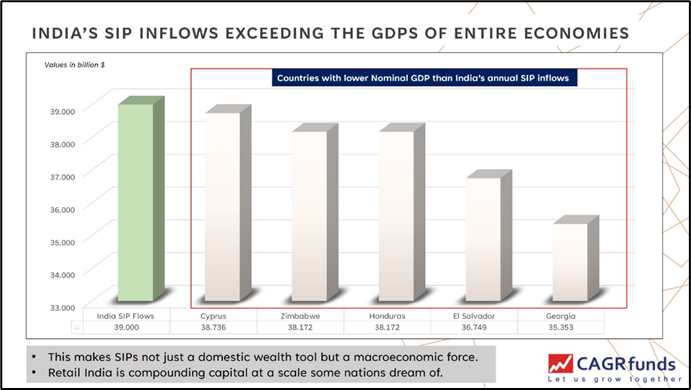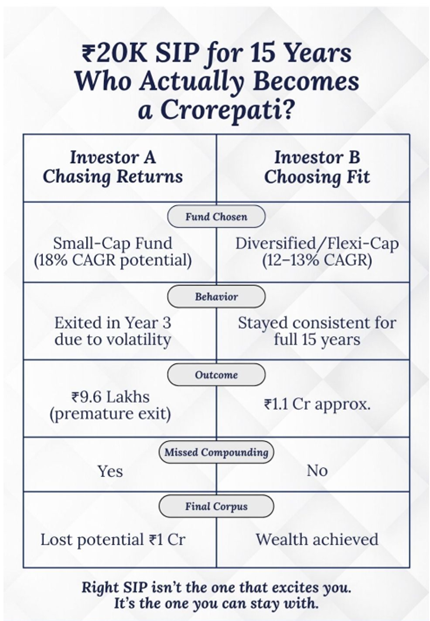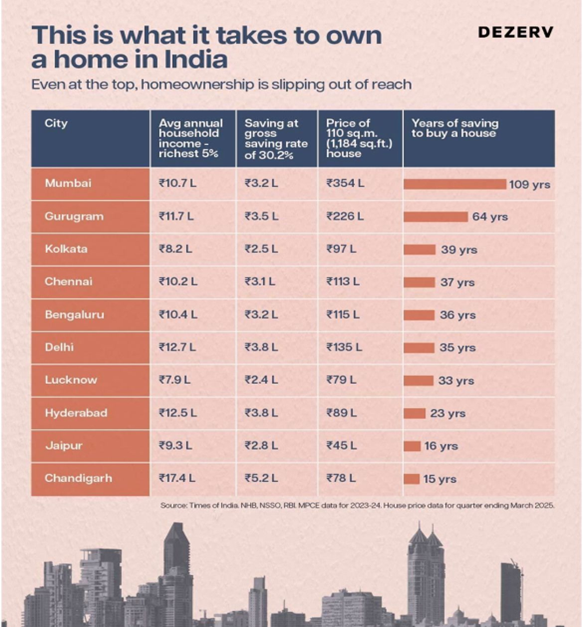CAGR Insights is a weekly newsletter full of insights from around the world of the web.

Chart Ki Baat

The Real Deal Behind Stock Buybacks
Stock buybacks often sound like a smart move for investors, but they don’t always create value. The magic lies in when and why a company decides to buy back its shares. Warren Buffett’s timeless advice is simple — buybacks only add value if the company repurchases its stock below its true worth, or intrinsic value. This way, shareholders get a bigger piece of the company without paying too much. On the flip side, buybacks at inflated prices or funded through debt can hurt the company and investors alike. It’s crucial to look beyond the headline and ask the right questions before celebrating a buyback announcement.
Here’s what to remember:
- Buybacks add value only when the stock is undervalued. Paying full or above intrinsic value destroys wealth.
- Reducing shares increases earnings per share (EPS) and ownership stake, benefiting long-term investors.
- Debt-funded buybacks increase financial risk, especially if business conditions worsen.
- Buybacks timed to boost executive bonuses or hide weak profits are red flags.
- Always consider the opportunity cost: Could the company use that cash better elsewhere?
In short, stock buybacks are a powerful tool — but only in the hands of disciplined, value-focused management. For investors, the key is to look past the noise and focus on whether the buyback truly makes sense.
Personal Finance
- Forget 9-to-5 till 60: Can you really retire at 40? Expert decodes the trend: The FIRE movement is catching fire in India, as more people ditch the 9-to-60 grind for financial freedom. By saving smart, investing right, and living intentionally, they’re choosing purpose over paychecks—and rewriting what success really means. Want to know how a ₹2 lakh SIP can fund early retirement? Read here
- How safe are India’s instant loan apps? From students low on fees to families with sudden hospital bills, many use instant loan apps for fast cash, some promise money in 10–30 minutes using just a phone and a few documents. But how safe are they? Read here
- Personal banking needs to be a smoother experience: One of the maxims of personal finance has it that “time is more valuable than money”. But what happens when time is spent chasing your own money. Which one is more valuable then? Read here
Investing
- Why Rising Japanese Bond Yields Could Impact Global Markets: Japanese bond yields have surged to 3.5% from near-zero levels, disrupting the yen carry trade. As borrowing costs soar, global markets may feel the shock. What this means for your portfolio? Click to see what’s changing worldwide. Read here
- The Death of the Amex Lounge: Why the Upper Middle Class Isn’t Special Anymore: Upper middle class faces an unexpected crisis: too many millionaires competing for limited luxury and space. From $10K mortgages to crowded lounges, exclusivity is vanishing. Want to see if you’re part of this growing struggle? Read here
- The rise of SIFs: A new frontier for Indian investors: Specialised investment funds are breaking ground—not just for institutional capital, but potentially for retail investors too. Read here
Economy & Sector
- Which sectors and companies will benefit from 8th Pay Commission salary hike and why? The implementation of the 7th Pay Commission in 2016 led to significant changes in consumption patterns, which in turn impacted many sectors and companies thereafter. A similar impact is expected from the 8th Pay Commission.Read here
- Hope is brightening for India’s Goldilocks scenario: India’s economy is showing signs of entering a ‘Goldilocks’ phase, characterised by moderate growth and subdued inflation. Retail inflation in June 2025 fell to 2.1%, prompting the RBI to consider further rate cuts. GDP growth remains steady at 6.5%, supported by strong domestic demand. A potential India-US trade agreement could further boost exports. Read here
****
That’s it from our side. Have a great weekend ahead!
If you have any feedback that you would like to share, simply reply to this email.
The content of this newsletter is not an offer to sell or the solicitation of an offer to buy any security in any jurisdiction. The content is distributed for informational purposes only and should not be construed as investment advice or a recommendation to sell or buy any security or other investment or undertake any investment strategy. There are no warranties, expressed or implied, as to the accuracy, completeness, or results obtained from any information outlined in this newsletter unless mentioned explicitly. The writer may have positions in and may, from time to time, make purchases or sales of the securities or other investments discussed or evaluated in this newsletter.






